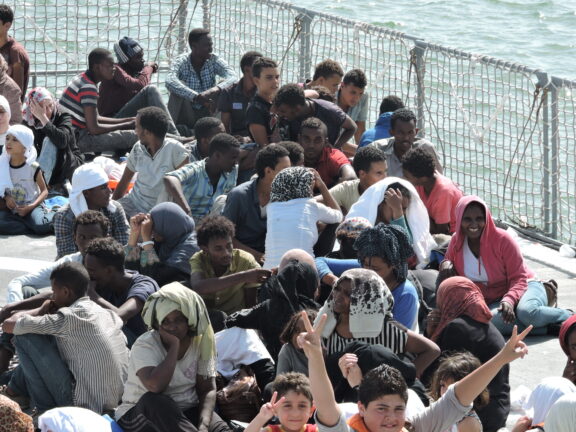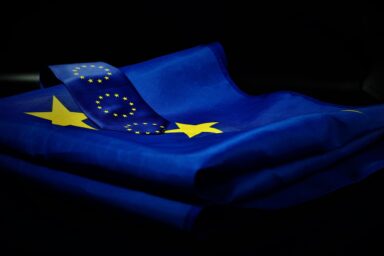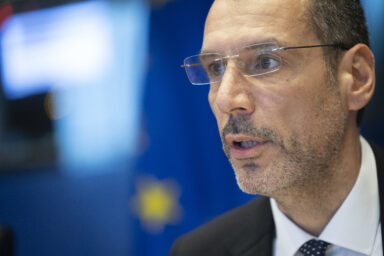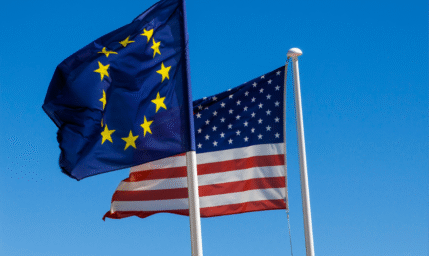The European Union is strengthening the fight against migrant smuggling and trafficking in human beings as the Commission and Parliament reached a provisional political agreement to reinforce Europol’s role. Breaking the smugglers’ business models and dismantling transnational criminal networks is a Commission priority as mentioned in the recent State of the Union speech.
Europol plays a key role in supporting member states’ law enforcement and judicial authorities in their efforts to break the illegal criminal networks focused on migrant smuggling. The new rules will better equip Europol to support national law enforcement authorities, with a strengthened European Migrant Smuggling Centre, enhanced information sharing, as well as additional financial and human resources.
Better information sharing
The European Migrant Smuggling Centre will now have a true European dimension. It will include representatives of Eurojust and Frontex and will benefit from the support of other relevant EU bodies and agencies. This will increase inter-agency cooperation and step up strategic, operational and technical support to member states.
Information sharing between Europol and member states, including member states’ liaison officers in third countries, will be improved. The new rules also introduce novel responsibilities for member states to share information with Europol and other member states participating in an operational task force. The Europol’s capabilities to process biometric data will also be increased, including through additional funding.
Europol’s operational capacity will be enhanced with additional financial resources of €50m, including €20m to scale up Europol’s biometrics capabilities, and 50 additional staff.
You might be interested
Fight against illegal migration a priority: Commission President
The need to streamline the fight against irregular migration and the related criminal networks was mentioned by Commission President Ursula von der Leyen in her recent State of the Union address. “We in Europe must be the ones to decide who comes to us and in what circumstances, not the people-smugglers and traffickers,” said Ms von der Leyen adding that “we need a new system of sanctions specifically targeted at people smugglers and traffickers.”
We need a new system of sanctions specifically targeted at people smugglers and traffickers. — Commission President Ursula von der Leyen
The Commission President also underlined that “people smuggling is a horrible, criminal business, and no smuggler should be allowed to get away with it in Europe.”
According to Frontex statistics, there has been a significant decrease of irregular border crossings into the EU in 2024 compared with the previous year. In total, just over 239 000 detections were recorded in 2024. That is a 38 per cent drop compared to 2023. Central and Eastern Mediterranean routes (i. e. across the Mediterranean Sea) remain the most important access routes to the EU.
Europol as a coordinating hub
Europol was established in 1998 and is based in The Hague, Netherlands. The agency serves as the central hub for coordinating criminal intelligence and supporting the member states in their efforts to combat various forms of organized crime and terrorism.
Europol’s main objective is to enhance the effectiveness and cooperation between law enforcement agencies of the member states. To achieve this, Europol facilitates the exchange of information and intelligence, provides analytical support, and offers specialized training and expertise. Some of the key areas of focus for Europol include drug trafficking, human trafficking, cybercrime, money laundering, and counterterrorism.











